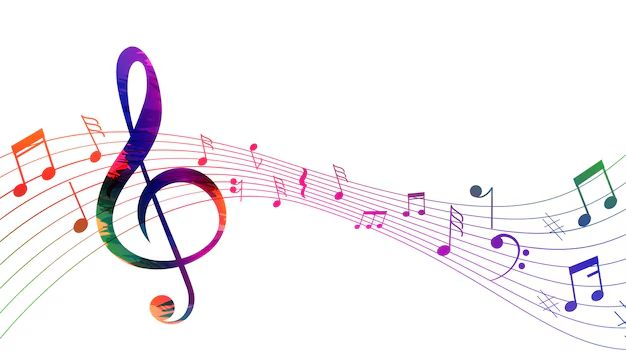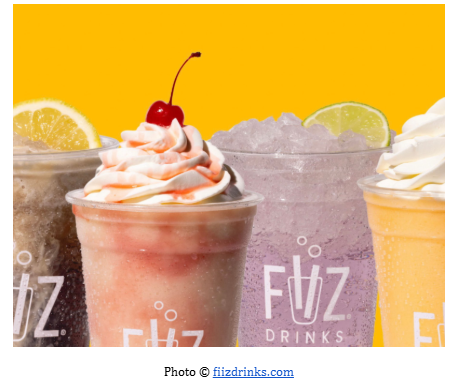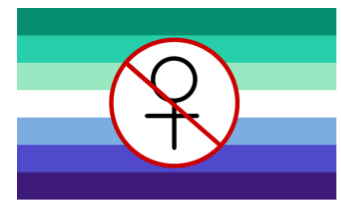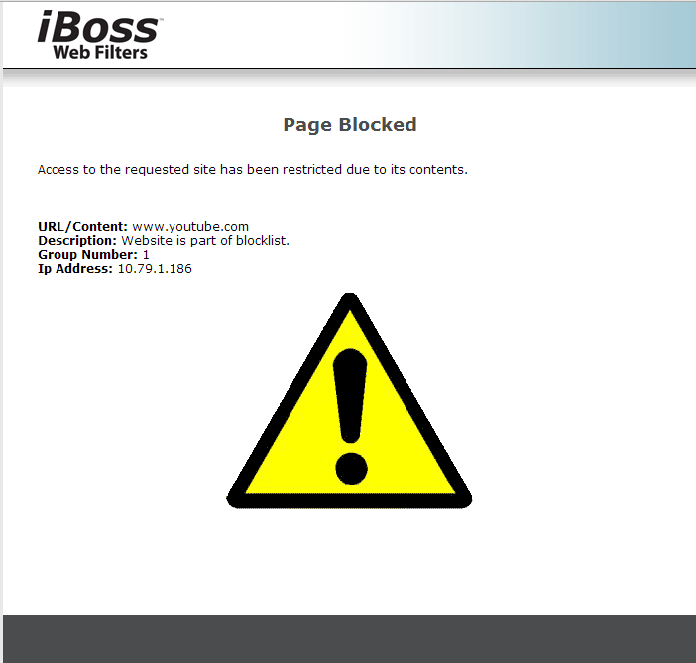iBoss filter protects students, but hinders full internet access
A student’s least favorite technological nightmare, but the district’s almost perfect tool, the iBoss filter uses a large system to protect students from accessing information that shouldn’t be at school.
The Davis School District security office refused to have an interview on the subject, but the school computer specialist, Mrs. Ehresman, was willing to answer questions. “I think they’re always watching,” said Ehresman, “They’re fairly open about it, but it’s a job that they take seriously.”
The iBoss filter already comes with list of sites that they believe to be inappropriate for school use, and a certain list appears for students and teachers separately depending on log-in. On each of the computers there are two levels of protection: the Utah Education Network (UEN) provides the most basic layer of filtering in all of the state’s schools, and then the Davis School District adds on another degree. Having the District control this level allows for some exceptions to be made.
“It is important to protect students from material they don’t want to see,” said Ehresman. “It’s hard to judge people’s values, so we block out the things that are most objectionable and try to find a path of what works.”
One of Ehresman’s roles include being an advocate between the district and the administration, either by contacting the district with information on sites and asking for access or letting the school know if a student or teacher is using their computer rights improperly.
Although web pages containing gambling, alcohol, pornography, or drugs, and ways to get past the filter are blocked, some of these places may also have educational purposes. For example, YouTube is allowed for teachers when students would use it as a time-waster, educators use Facebook as a means to connect with their class, and there is a debate on whether Pinterest should be allowed or not. A problem that faculty and students face is seeing the Photography Club’s photos blocked at the school; because Smugmug is used commercially, Ehresman said that “anyone can post anything at that site,” and so the district has closed it off entirely.
“If you’re trying to get past the filter,” said Ehresman, “chances are you aren’t using it for educational purposes. There isn’t a lot of limits for what you can look up, it’s why you’re looking it up.”
Ehresman makes it clear that “there’s no way that [the district] could allow the access without the filter in place.” If students follow the rules listed in the Acceptable Use Agreement then they can enjoy what they have access to, but if there is detachment with the guidelines then there will be consequences.”

























